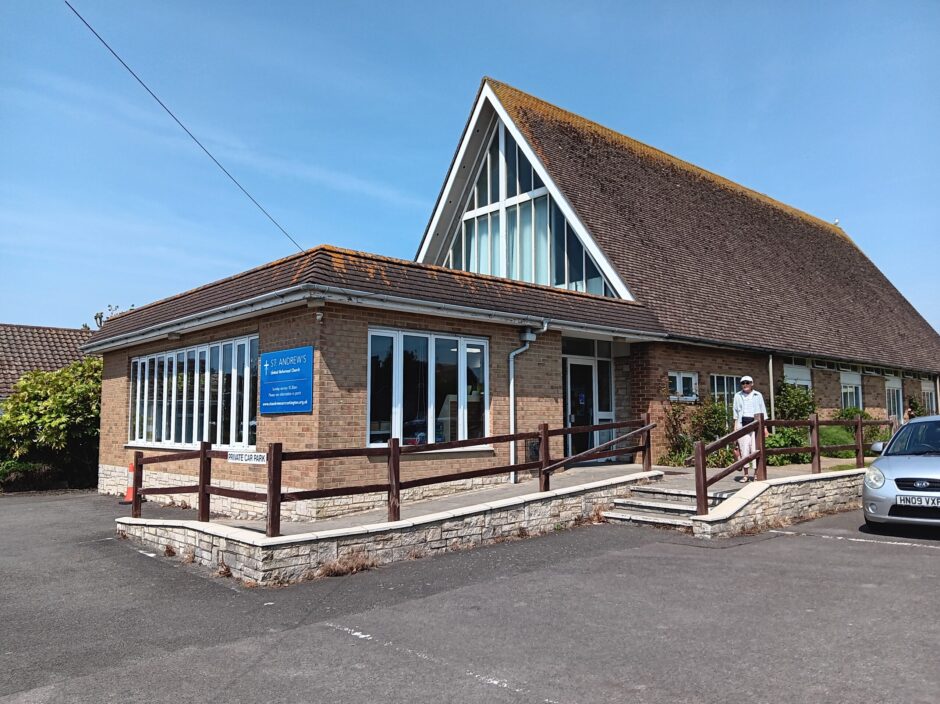
What did COP29 achieve?
The COP29 summit was a crucial test of global commitments to mobilise resources to avoid the severe damage to populations, species and eco-systems that would accompany a global warming above 1.5 degrees. COP29 failed this test. It identified only $300 billion of the $1.3 trillion of annual external finance calculated to be necessary by 2035.
Intense negotiations ran 33 hours beyond the allotted time, completing in Baku at 2:30am on Sunday morning. Some senior negotiators had only managed one or two hours sleep in 48 hours. The outcome was seen by many as a “betrayal” while others considered it as a first step forward in difficult international circumstances.
Prior to the start of COP29, the leaders of the JPIT partner churches called for action in three areas: –
- Climate finance and debt relief
- Loss and Damage funding
- UK leadership on climate action
Here is our assessment of outcomes in these areas: –
The agreement on climate finance
$2.4 trillion per year is calculated to be the cost to emerging economies and developing countries of transition to net zero, requiring $1 trillion per year of external finance by 2030 and $1.3 trillion per year by 2035. This New Collective Quantified Goal (NCQG) is based on what the world needs, rather than the elastic ideas of what governments think that they can afford to pay. Developed countries must provide the largest part of this external finance, firstly because they owe a historical debt to the rest of the world for causing the majority of carbon emissions, and secondly, because much of the funding is needed quickly to turn us away from current emissions pathways that spell disaster.
The $300 billion per year pledge includes grants, loans and contributions from the private sector. Our churches have joined with Christian Aid and others to express alarm over increasing debt of many developing countries. Grant funding must make up the majority of this investment in developing countries. They cannot afford further debt to tackle a crisis for which, historically, rich nations bear the greatest responsibility.
The Loss and Damage Fund
During COP29, there were only three new contributions to the Loss and Damage Fund that now stands at $730 million – a drop in the ocean.1 In addition, there was no agreement on contributions to the Loss and Damage Fund from finance raised towards the New Collective Quantified Goal on climate finance. On the plus side, mechanisms were agreed to enable disbursement from the fund to commence in 2025, but our Churches will continue to call for polluters to pay up to recompense communities for damage resulting from severe climate impacts.
A deal on carbon markets (Article 6 of the Paris Agreement)
A deal has been reached on carbon markets. For 10 years, the COP process tried (and failed) to work out mechanisms for a global carbon market that would encourage companies and governments to invest in energy transition in developing nations in return for credits against their own emissions. This could unlock billions of private capital and spur green investment. But if the conditions are not stringent then poor quality projects will undermine climate action rather than help. They could take pressure off high emitters to reduce emissions or double-count for green investment that was bound to take place anyway. There is a danger that many more tracts of land and forest might be privatised in Africa for such projects, overriding the needs of local communities. A deal has been done at COP29, but going forward, we must ensure that the projects permitted under new rules benefit both communities and the climate.
UK leadership on climate action?
On the first day of the leaders’ summit, UK Prime Minister, Keir Starmer flew in to announce what was widely perceived as an ambitious UK carbon pledge that set the tone for others to do more. That is to be welcomed. During the negotiations, Ed Miliband was appointed by the COP President as an intermediary (alongside Brazilian minister, Ana Toni) to land a deal at Baku. It will now be vital for the UK to turn pledges into delivery. We can and must do more on climate finance in particular.
Developing countries shut out of discussions
There was real anger from many developing countries at having been shut out of discussions around the figure for contributions of the developed nations to the NCQG on climate finance, until it was announced on the last day. Much of this anger was directed at the COP29 President and Secretariat. COP President, Mukhtar Babayev, has in turn put the blame on ‘certain Western voices’ while appearing to exonerate the UK in this respect. This is by no means the first time that small island states and developing countries have felt shut out of COP discussions, and it will further fuel questions as to whether this summit process could be done differently and be more inclusive.
In summary
COP29 could have been a disaster. As it is, it has concluded a deal that is woefully short on climate finance, and does not inspire confidence with respect to funding the $1.3 trillion needed to support developing countries to decarbonise. We will now enter a difficult period in negotiations as a new US administration is expected to take a hostile approach to collaborative action on climate, and could pull the US out of the Paris Agreement altogether. COP30 next year will take place in the Amazonian city of Belém do Pará. The location reminds us that we must preserve our God-given creation and that we face tipping points beyond which the planet’s eco-system will fail to keep warming in check. As we look towards that summit, we pray that nations are not distracted by US politics, but keep their focus on the urgent need to invest together in our common future.
